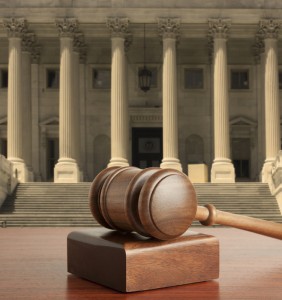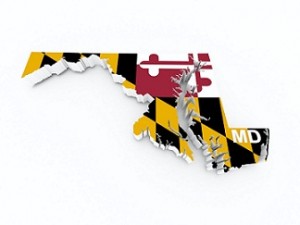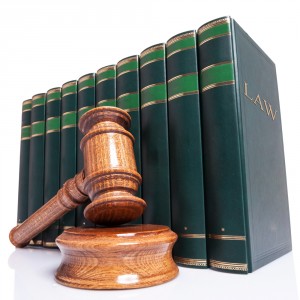The Maryland high court last week suspended an attorney indefinitely for failure to honor a lien against his client’s case. He has a right to reapply to the bar after 6 months.
Two clients had small injury cases that collectively settled for a little over $25,000. The Food Employees’ Labor Relations Association and United Food and Commercial Workers’ Health and Welfare Fund had a lien on the case. Unlike almost every other non-military lien holder, this union demands full payment of its lien with no reduction for attorneys’ fees.
It is a great strategy by the union to get all of its money back. It is a terrible strategy for helping its workers get compensation for their injuries. Because when most lawyers see these agreements, they run for the hills unless it is a catastrophic injury case. Why? Because it is hard for both the lawyer and the client to get paid. No one wants to take a case where no one walks away happy.
When I first started doing plaintiffs’ work, I couldn’t believe the union could do this. But there is a case square on point.
Anyway, the rest of the story writes itself. He does not pay the liens nor does he interplead the funds. He ignores request after request for payment of the lien for years. He finally puts his own money into it when I guess he realized it just would not go away.
Continue reading
 Maryland Injury Law Center
Maryland Injury Law Center







